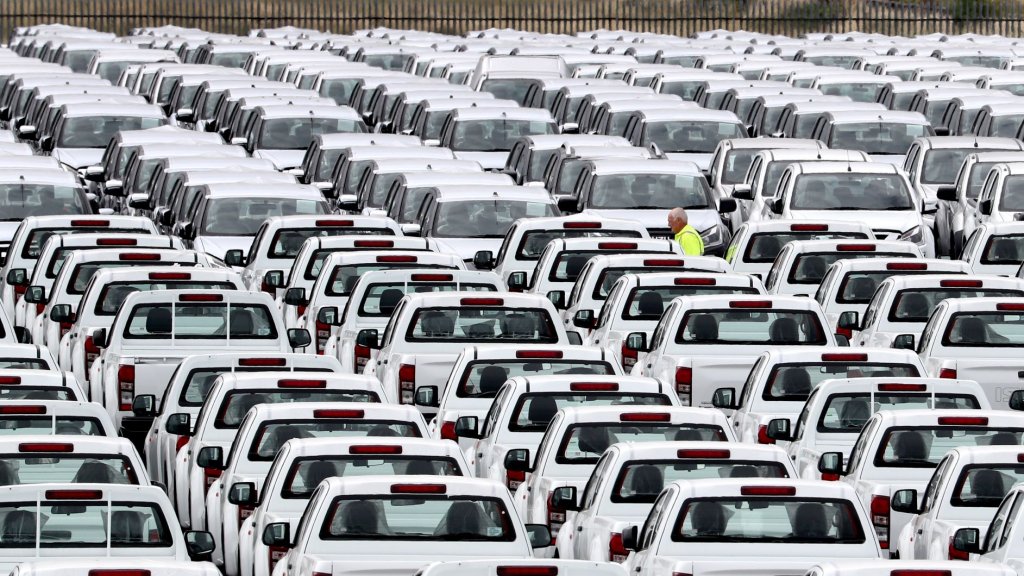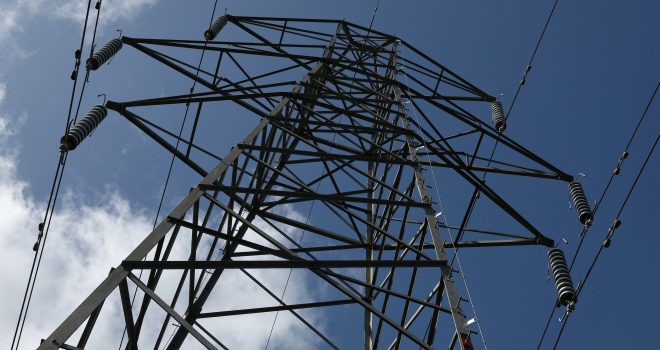Driving Laws In The UK You Need To Know

The UK has had some significant rule changes that many drivers aren’t aware of, and that can quickly land you with a fine. Perhaps one of the biggest changes is that 12 councils can now fine drivers for a range of things.
Several traffic offences can now get you a fine (although you can fight a fine):
- Banned left or right turns
- Illegal U-turns
- Stopping in a yellow box
- Driving in a bus lane
- Ignoring a TRO (Traffic Regulation Order)
- Driving the wrong way down a one-way street
The councils that have the power to issue the fines are:
- Surrey
- Hampshire
- Reading
- Oxfordshire
- Durham
- Derby City
- Buckinghamshire
- Bath & NE Somerset
- Bedford
- Kent
- Norfolk
They have varying start dates and points of monitoring. The idea behind the councils getting more power is to make the UK streets safer for drivers and pedestrians.
Wales
Many of the roads in Wales that had previously been 30pm have had their speed limit reduced. Areas that could be considered to have high pedestrian traffic, residential or restricted roads. You can usually spot when a road comes under these conditions because the lights will be 200 yards apart.
The speed limit reduction came into action in September 2023, and the Senedd said there are many benefits to the changes, including:
- Environmental improvements
- Better safety on the street
- Offers people the chance to cycle and walk safely
- Reduction in RTAs
Here are the 8 locations in Wales that have the speed limit reduction in action:
- Abergavenny, Monmouthshire
- Buckley, Flintshire
- Central North, Cardiff
- Cilfrew Village, Neath Port Talbot
- Llanelli North, Carmarthenshire
- Severnside, Monmouthshire
- St Brides Major, Vale of Glamorgan
- St Dogmaels, Pembrokeshire
DVLA number plate reading
The current rules state that you only need to declare any eyesight issues or conditions if you can’t recognise a number plate (made after September 2001). It is also stated that you need a visual acuity of 6/12 or 0.5 with contacts or glasses.
The change in rules could mean that you will need to state you wear glasses regardless of whether you can read the number plate or not.
There are also rules for personalised number plates, making it easier to get those from somewhere that stocks DVLA number plates. The rules state that there must be no texture, no background colours or patterns, and the numbers and letters need to be solid black with no shading or other colours.
The number plate reading is likely to change by the end of the year.
Pavement parking to be banned in Scotland
While the Highway Code already states that you should not park on the pavement, it hasn’t really stopped people doing it. And there has been no legal enforcement for it – although it has had some media coverage with pushchairs and wheelchairs unable to get by.
Wales has fines issued for street parking to the tune of £70, which is illegal, and in London, there is a higher fine of £110 or £130. However, with Scotland making it illegal, there will likely be more locations in England that implement it, too.
Graduated Driving Licences
The statistics for drivers under 25 in KSI incidents are high. Younger drivers are more likely to have exceeding speed limits, loss of control, or inexperienced drivers as their reason for a KSI.
Killed or seriously injured numbers have an increased rate for drivers between 17 and 24, and 32% of all KSI casualties involved a male driver between 17 and 24. The figures published on the Gov.uk website show drivers under 25 have the highest rates of injury in road collisions.
The Graduate driving licence could mean that new drivers under the age of 25 aren’t allowed to have passengers of their age or younger in the vehicle with them. If the law passes, these new drivers won’t be able to carry anyone in the car younger than them for six months or a year.
The global figures for that age group show that traffic crashes are the leading reason for deaths between 15 and 29. Figures from Brake (road safety charity) also state that 1 in 5 new drivers crash within the first year of driving.
Young Drivers and Graduated Driver Licensing | Brake.
Ultra Low Emissions
At the end of August, the ultra-low emissions zone in London expanded to cover all of the London boroughs. Transport for London has published what is covered in the new limits.
What is an ultra-low emissions zone?
An ultra-low emissions zone encourages people to ditch their cars and walk, use public transport, or cycle. Any vehicle that doesn’t meet the required standard for the ULEZ will need to pay £12.50 to drive through the zone. The vehicles include trucks up to 3.5 tonnes, motorbikes, vans and cars. Buses, trucks, vans, and other vehicles over 3.5 tonnes don’t need to pay the ULEZ charge but will need to pay a LEZ charge.
You can check if your vehicle meets the criteria here: Check your vehicle.
In other motoring news, there could be some MOT changes coming that will change an MOT on a new car, motorcycle, and some vans from 3 to 4 years. The idea with changing the MOT on a new car from 3 to 4 is to keep running costs low but make sure that the vehicle is fit for the road.
The change shouldn’t impact road safety since most cars pass their MOT at the three-year mark, and most road traffic accidents don’t happen from anything that would be picked up in the MOT.
The changes to UK driving should see fewer collisions in the next few years, as well as improved air quality in all of the locations that have implemented either low or ultra-low emission zones.
It is also expected that self-driving cars will be on the road by 2025. In 2022, the government announced plans to modify the Highway Code to include self-driving cars and that by 2025, the framework should be ready to support those vehicles.
This is great timing with more companies investing in self-drive technology: Self-Driving Truck Company Einride Expands Into Norway – PM Today.




